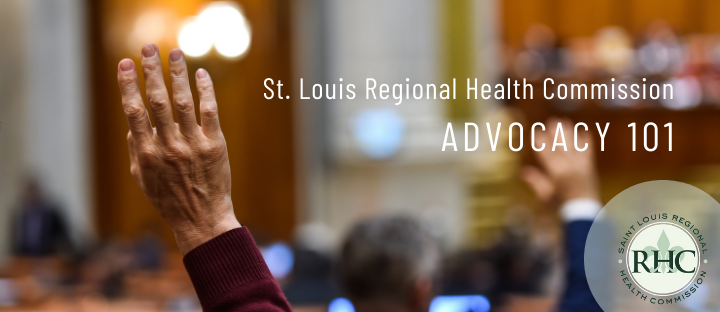While testifying (giving your opinion on a bill) in-person right now might not feel safe because of COVID-19, you or your organization can still submit written testimony on a bill. Below we outline basic information about how to do just that. Submitting written testimony is easier than you might think!
When do you submit written testimony?
You can testify (in-person or through writing) at a public hearing. Get notified about upcoming public hearings by subscribing to any of the RHC’s bill lists on our policy tracker. You can also look at the hearing calendar on the House and Senate websites. Written testimony needs to be submitted at least one hour before the hearing, but the earlier the better.
How do you submit written testimony?
You can submit written testimony online. Use this form to submit testimony to a House committee. Use this form to submit to a Senate committee; you will have to make an account first, which is quick and easy. When you submit testimony, you can choose to submit in support, in opposition, or for informational purposes. You can also email the members of the committee directly and attach your testimony. Find committee members’ names and email addresses on the House and Senate websites.
What should you include in your testimony?
Follow the simple steps below:
- Identify yourself and the organization you represent (if applicable).
- Clearly present your position, and identify the bill name and number. Make a call to action to the committee and state your overall reasoning.
- Use facts and data to support your position.
- Share personal stories to support your position.
- Restate your position.
- Thank the committee for their time and consideration.
- Sign the letter.
For an example, refer to this written testimony by the RHC in support of HB 20. Pay attention to the formatting, too.
Why should you write testimony?
Your legislators want to hear from you! They won’t know how certain policies will affect you and your community unless you tell them. They cannot be experts in all areas, and they rely on testimony to better understand complex issues.
For updates on how you can advocate for a healthier St. Louis region, sign up for our advocacy alert.

